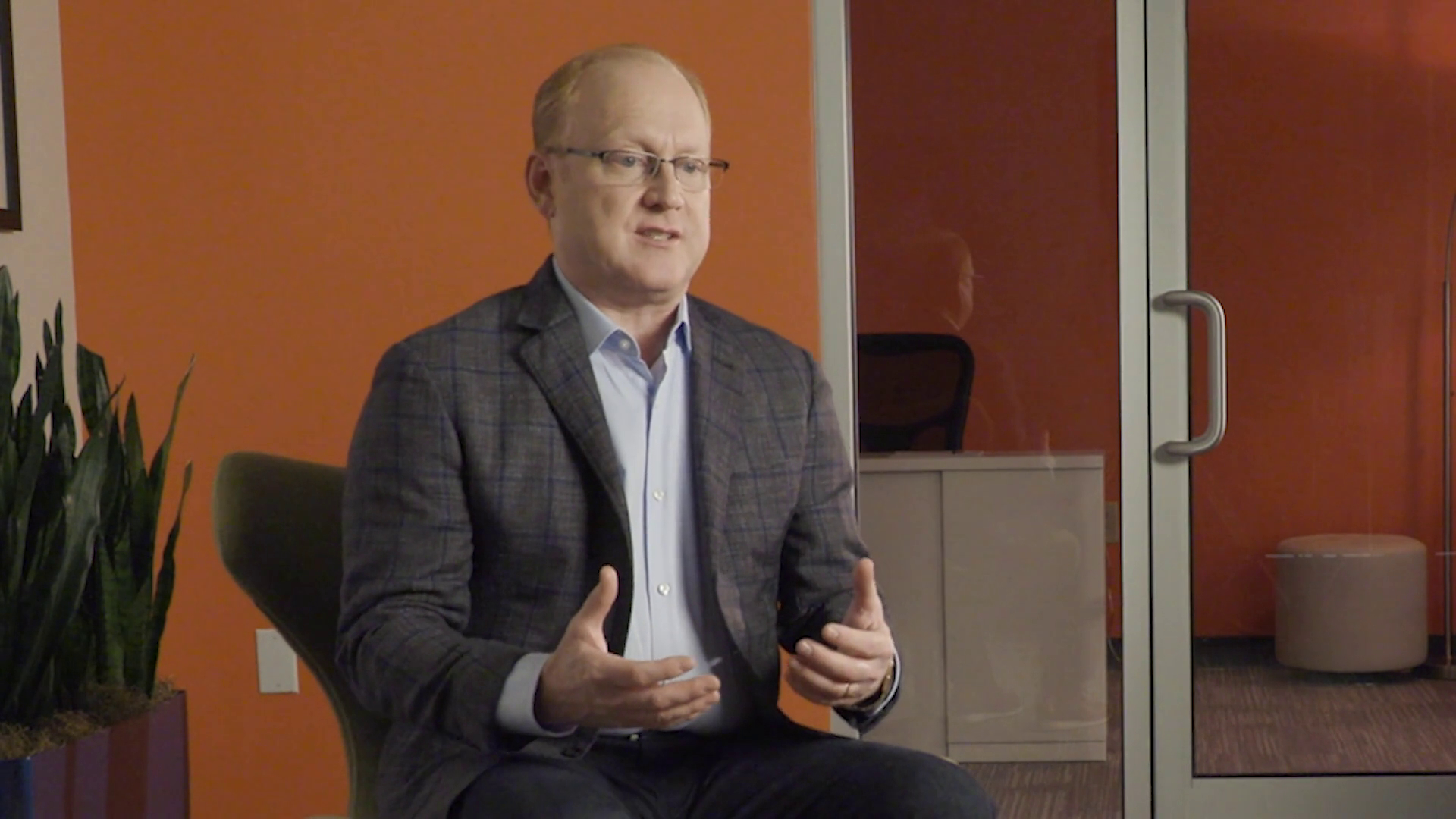
Welcome to our AI conversation video series, where we answer nine of the most frequently asked and debated questions regarding artificial intelligence. These are the questions that you keep hearing at conferences, during webinars, and on social media. Each video reveals our answer to a challenging AI question in a quick and to-the-point manner.
In our third video in the series, TeraRecon President and CEO, Jeff Sorenson explains algorithm specificity, problems physicians are facing with current algorithms, and how new technologies are finding solutions that will help physicians integrate AI into their daily workflow.
If you missed the first or second video in our series, click below to watch them now:
Click here to watch Episode 1: "What are the Hurdles of AI Adoption Today?"
Click here to watch Episode 2: "What are the Hurdles to Integrating AI Into Reading Workflow Today?"
The AI algorithms that are available today are entirely too specific. They are going after singular problems like lung nodule detection or bone age. In the case of lung nodule detection, there are probably forty to fifty different types of lung nodule detectors and the utilization is actually quite low. When referring to an algorithm being specific, it means that underneath the algorithm’s output there are many layers inside of the artificial intelligence engine that are doing things like filtering, segmentation, and anatomic atlassing. But what physicians need is for us to show them what was segmented, the different types of organs, body systems, findings, and whatever kinds of outputs from the AI that they need. Physicians need to be able to see those findings and then be able to inject their own belief system about what they do and do not like about the findings, as well as what they do and do not want to see in the outputs. To us, specific AI is AI that is trying to be an end-to-end application that is trying to give you a singular answer to a singular question and that is not easy to put directly into a physician’s workflow. However, with the advent of technologies like EnvoyAI and Northstar, and the capabilities of the Intuition adapter for EnvoyAI, we are able to ingest findings from AI and put them into a much broader spectrum of workflow scenarios so that the physician is in charge of how they are going to use the AI findings not some very specific single purpose application.
These Stories on Artificial Intelligence
TeraRecon Headquarters
4309 Emperor Blvd, Suite 310
Durham, NC 27703
Tel: 650.372.1100
Fax: 650.372.1101
info@terarecon.com
All offerings are subject to availability and regulatory clearance, which may vary by country. Please verify product status with your local TeraRecon representative.
No Comments Yet
Let us know what you think